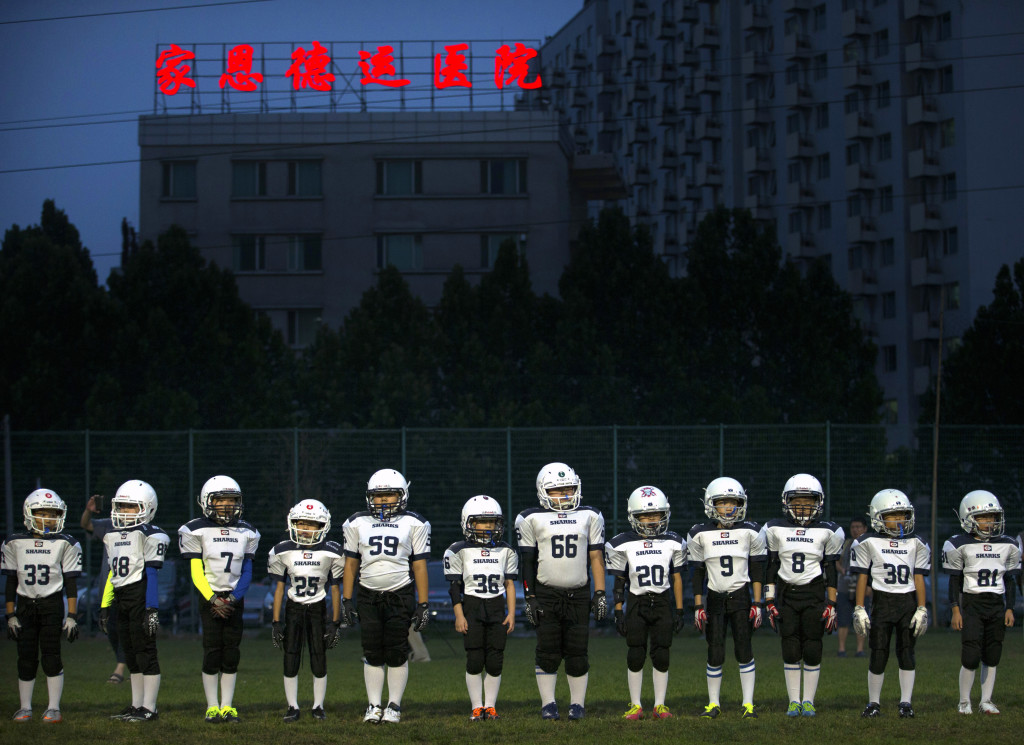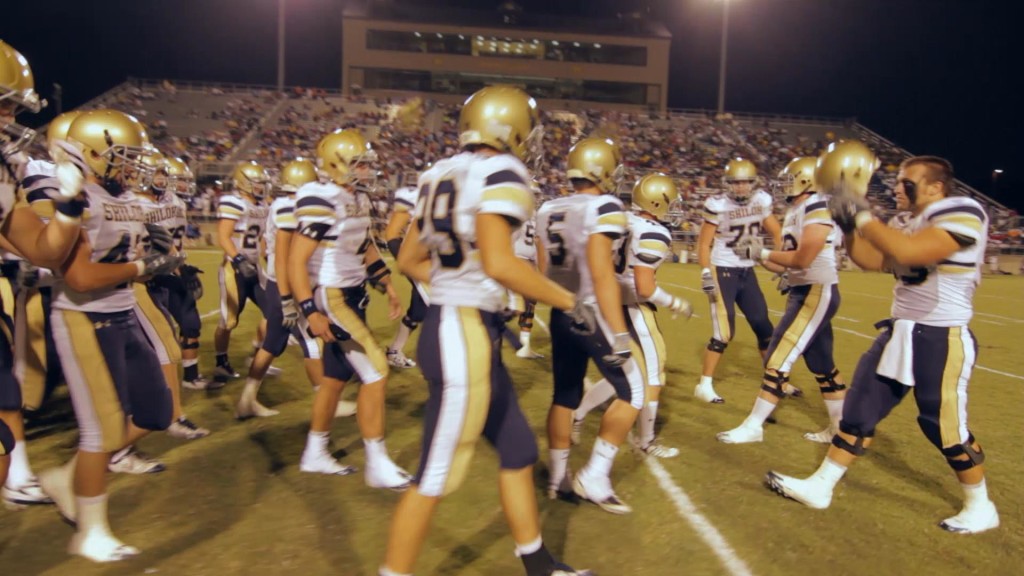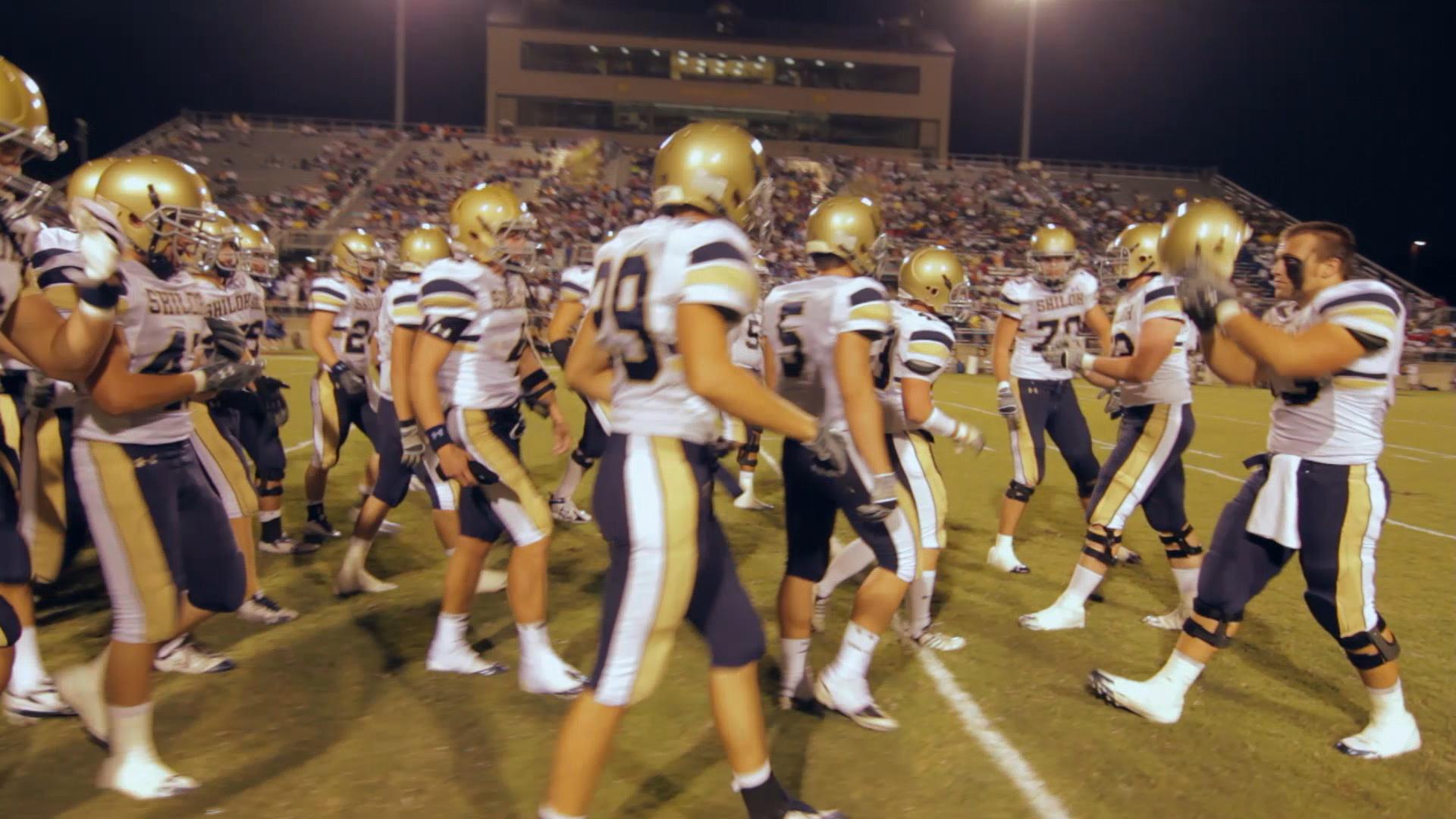Football Head Injuries: From High School to the Pros

August 23, 2011
Share
The lockout’s over. Preseason has begun. But the NFL’s legal troubles are far from over.
In late July, 75 former NFL players, sued the NFL, charging that the league has known for decades “that multiple blows to the head can lead to long-term brain injury, including memory loss, dementia, depression and (chronic traumatic encephalopathy) and its related symptoms,” and that it failed to warn or protect its athletes.
Last week, six former players and one current one filed a class action lawsuit against the league, the first of its kind. The suit accuses the NFL “of training players to hit with their heads, failing to properly treat them for concussions and trying to conceal for decades any links between football and brain injuries.”
The news of both suits comes on the heels of the February suicide of former safety Dave Duerson, who, convinced he had brain damage, donated his brain for study. He was right — his brain was ravaged by chronic traumatic encephalopathy, or CTE, a neurodegenerative disease often found in athletes who have experienced repetitive mild head trauma.
The trickle-down effect of all this has become increasingly prevalent in youth football. With evidence that even high school athletes can suffer brain damage, more than half of all states have either passed or have pending laws that address traumatic brain injury. Only seven states have yet to consider any type of youth concussion legislation.
Gov. Pat Quinn [D], who recently signed Illinois’ new law, said that “a lot of coaches are set in their ways. But you don’t want some kid you coached a decade from now with post-traumatic stress disorder or a brain disorder. You don’t want that on your conscience even though that boy or that girl wants to go in the game.”
But is football ready for this type of cultural shift? The idea is to prevent another Dave Duerson — but can you become a Dave Duerson, or have a championship team, while still staying safe?
Yes, according to researcher Tom Talavage, who authored a study [PDF] that found cognitive damage in high school football players NOT diagnosed with a concussion. His solution: hit properly and not as often. And he offers up an example:
We can still play the game, and we can still play the game at a high level. I think this is where the case of Saint John’s in Minnesota — we’re talking about a team that does not have contact practices, yet has won championships at its particular level of collegiate football. We don’t have to be a bad team just because we don’t practice. Instead, maybe we’re a better team. Maybe we focus more on technique, proper technique, proper blocking, proper tackling technique. Maybe we focus more on knowing exactly where we’re supposed to be on our play, what our blocking scheme is, what our defense scheme [is].
For more, watch our encore broadcast of Football High tonight or online anytime. And if you have kids on the field, absolutely take note of our FAQs on head injuries and heatstroke, the latter of which is already suspected in the deaths of at least six players and a coach this summer.
Related Documentaries
Latest Documentaries
Related Stories
Related Stories
Explore
Policies
Teacher Center
Funding for FRONTLINE is provided through the support of PBS viewers and by the Corporation for Public Broadcasting, with major support from Ford Foundation. Additional funding is provided the Abrams Foundation, Park Foundation, John D. and Catherine T. MacArthur Foundation, Heising-Simons Foundation, and the FRONTLINE Trust, with major support from Jon and Jo Ann Hagler on behalf of the Jon L. Hagler Foundation, and additional support from Koo and Patricia Yuen. FRONTLINE is a registered trademark of WGBH Educational Foundation. Web Site Copyright ©1995-2025 WGBH Educational Foundation. PBS is a 501(c)(3) not-for-profit organization.






















